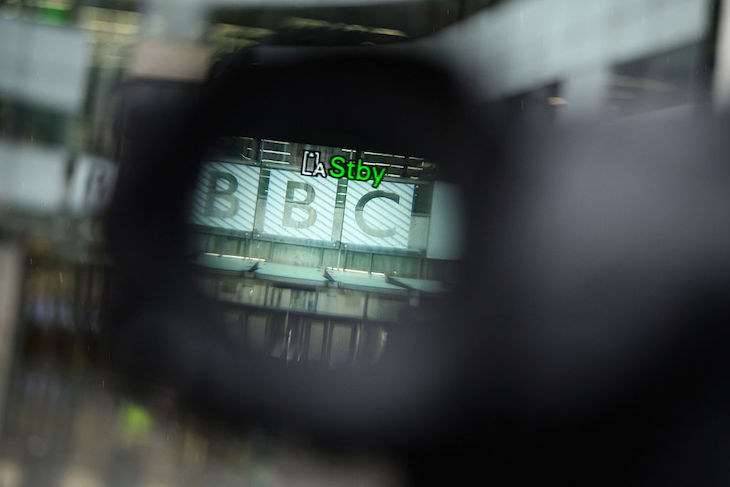Could the government be preparing itself for a spending cut which would eclipse the ending of the winter fuel payment? In his mini-reshuffle in response to the resignation of Tulip Siddiq, Keir Starmer has appointed the newly-elected MP for Swansea West, Torsten Bell, as pensions minister. It is an interesting choice because, in his former life as director of the Resolution Foundation, Bell was a loud critic of the triple lock, which he called ‘a messy way of achieving the objective of a higher state pension’. He advocated raising the state pension in line with average earnings instead.
The Prime Minister quickly moved to scotch suggestions that the triple lock will be dropped; in the Commons on Wednesday he re-committed himself to Labour’s manifesto promise of keeping it. Given the fallout over the winter fuel payment this is not surprising.
The triple lock is like an unexploded bomb planted beneath the state pension bill
But then sooner or later a government really is going to have to abandon the triple lock, which is like an unexploded bomb planted beneath the state pension bill. Already, it is costing taxpayers £10 billion a year. In 2023/24, pensioners were receiving an extra £798 a year relative to what they would have received had the state pension risen in line with the Consumer Prices Index (CPI) since 2011 and an extra £782 a year relative to what they would have been paid had the state pension risen in line with average earnings. The respective costs to the public purse are an extra £10 billion a year had the state pension risen with CPI and an extra £9.8 billion a year had it risen with average earnings.
But that is just the beginning. As long as the triple lock remains in place, it will act as a ratchet which ensures that eventually pensioners will, perversely, be enjoying incomes higher than working people. This is because the state pension is guaranteed to rise at least with average earnings, but in some years will receive an extra boost. Thanks to suppressed wage increases over the past decade and a half, the state pension is catching up with average earnings at a faster rate than many might have imagined when the triple lock was introduced in 2011/12.
Of the 15 years in which it has been in place, the state pension has been uprated with earnings on five occasions, with inflation on six occasions and been increased by the random 2.5 per cent on four occasions. The third part of the triple lock – the 2.5 per cent guaranteed rise – is especially economically illiterate. It means that even if the price of everything fell by half pensioners would still receive a 2.5 per cent rise.
In his time at the Resolution Foundation, Torsten Bell came up with some seriously bad ideas, such as calling for a wealth tax. If you wanted to speed up the departure of wealthy individuals from Britain there would be no better way to achieve it. In 2019, he also called for the limiting of inheritance tax relief on farms and family businesses – a suggestion which Rachel Reeves did take up, with devastating consequences for some (although to be fair, Bell’s original suggestion – that some level of relief might remain in place for farmers who passed a ‘farmer test’ to prove they really were working the land – milder than what has actually been put in place).
But on the triple lock, Bell is absolutely right. If combined with serious reform of public sector pensions, it would be a fair way of saving taxpayers from an unfathomable black hole in the public finances in future. It would be hard for Labour to break another manifesto promise, following the rise in National Insurance contributions, but some government will have to be brave enough to tell pensioners that the state cannot afford the triple lock.








Comments